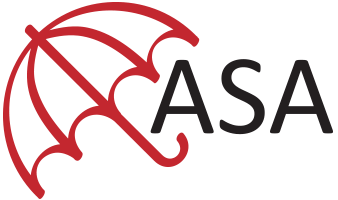As most people have realised cryptocurrency has been around for a while now and is starting to really gain traction and will be here for the long haul.
More and more of my clients are asking about it and one of the biggest questions is what happens with my tax!
With that in mind I will go over what’s required in simple terms so you have a basic understanding and if you need more specific and detailed information for your immediate situation feel free to get in touch. I’ll try and not make it to dry and dull too!
- How to keep records and what should be kept
- When does a C.G.T. tax event occur
- How does the A.T.O. know
1. Keeping records has to happen whether it is an investment, personal or for business. Your records should include.
- the date of the transactions
- the value of the cryptocurrency in Australian dollars at the time of the transaction (which can be taken from a reputable online exchange)
- what the transaction was for and who the other party was (even if it’s just their cryptocurrency address).
The sorts of receipts/proof you should keep include:
- receipts of purchase or transfer of cryptocurrency
- exchange records
- records of agent, accountant and legal costs
- digital wallet records and keys
- software costs related to managing your tax affairs
2. When does a C.G.T. tax event occur
A capital gains tax (C.G.T.) event occurs when you dispose of your cryptocurrency. A disposal can occur when you:
- sell or gift cryptocurrency
- trade or exchange cryptocurrency (including the disposal of one cryptocurrency for another cryptocurrency)
- convert cryptocurrency to fiat currency (a currency established by government regulation or law ), such as Australian dollars, or
- use cryptocurrency to obtain goods or services.
3. How does the A.T.O. know?
The A.T.O. uses data matching from numerous sources for all areas of tax but with cryptocurrency they would look at transactions that show up where you might use your coins.
For example: You pay for a service or product with a provider who then has to report to the A.T.O. This now creates a record the A.T.O. is aware of but does not include you but if you exchange into currency to a bank account it does.
The A.T.O. does not have much information on cryptocurrencies yet but they are working on it and I am sure they will find more ways to track it. Years ago I would get basic tax information from the A.T.O. to do your tax return, Now I get the same information and at the bottom of the file it might tell me. Your client has excessive expenses for someone in that industry and income level so we will be looking closely at the next tax return!
This is the official line of the A.T.O. today…
Currently the A.T.O. has limited data on the level of investment, gains, losses, transactions made by Australian taxpayers and other information relating to cryptocurrency as there are limited obligations for taxpayers and third parties to provide this information.
We are seeking to obtain data relating to cryptocurrency transactions from cryptocurrency designated service providers (D.S.P’s). The data obtained will be used to identify the buyers and sellers of crypto-assets and quantify the related transactions.
We will match the data provided by the D.S.P’s against A.T.O. records to identify individuals who may not be meeting their registration, reporting, lodgment and/or payment obligations.




